The Great Indian Literary Festival 2.0 Celebrates Regional Literature in the Intimate Setting of Udaipur
Can literature awaken nationalism? How important is the role of reading in building a great nation? Are our children reading right? What constraints does regional literature face while going digital? Day 1 of TGILF saw discussions on these topics and more.
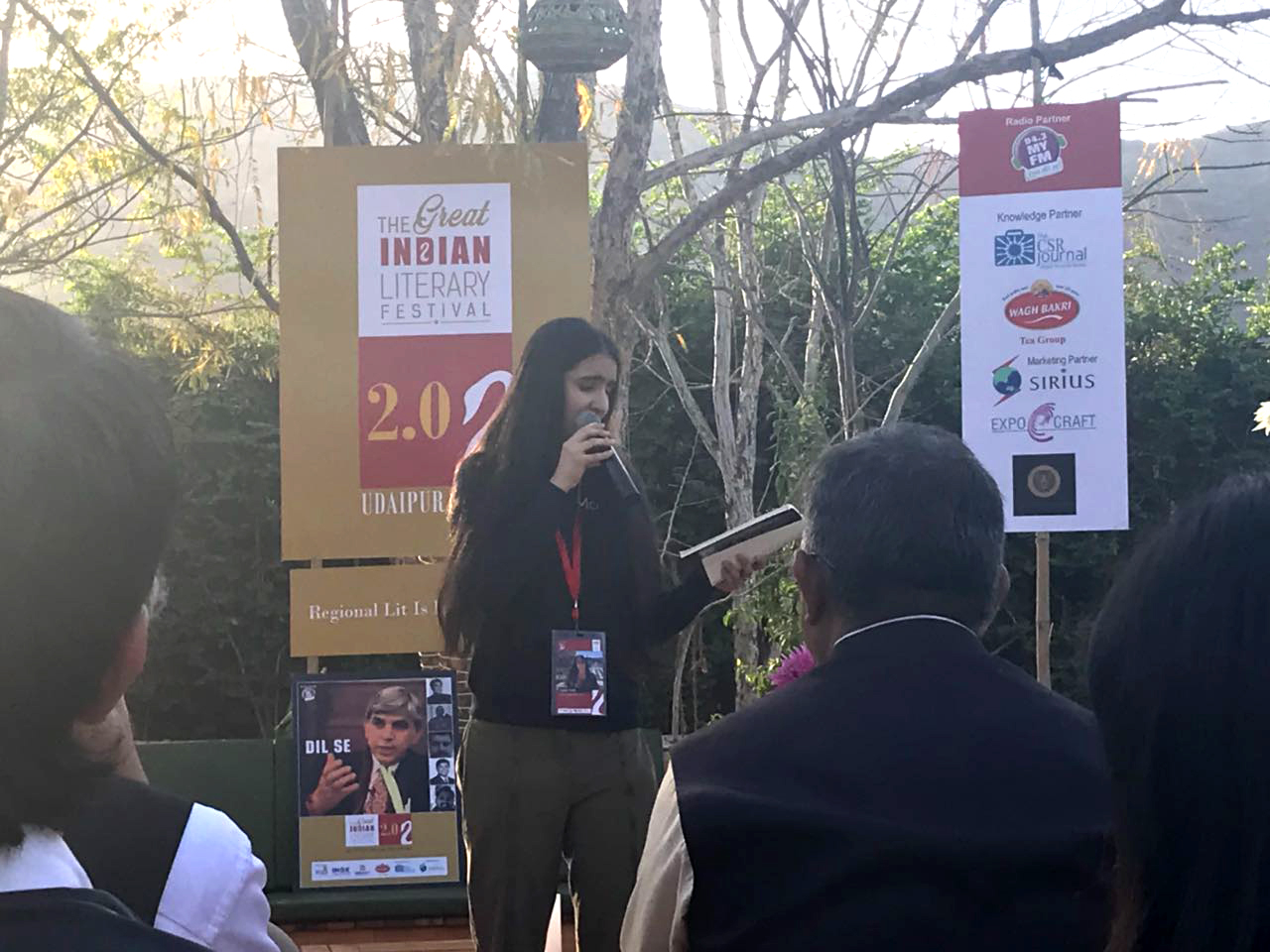
The Great Indian Literary Festival is India’s only literature gathering where vernacular languages and regional literature are celebrated with zeal. Hosted by Limca Book Record-holding author Amit Shankar, the Festival took place at Vatsalya – a boutique home retreat in Udaipur at the pinnacle of the majestic Aravalli Hills, on February 25 and 26. Under the silhouettes of blossoming trees, the event kicked off with a poetry performance by child poetess Gopika.
Looking Back on the Giants
Rhyme has the peculiar tendency to plant itself in the head. This is why our ancient Vedic texts like the Rig Veda and Pingala-sutras were drafted “in the form of rhymes and poems because it was easier to remember them that way.” Speaking about the science and mathematics mentioned in these texts, Padma Shri winning mathematician Prof Dinesh Singh kicked off the sessions for Day 1 through a discussion on Literature and Mathematics. The former Delhi University Vice-Chancellor, who has a family background in philosophy, argued that 1800 years before the Pascal’s Triangle was invented by Blaise Pascal, it had been presented by the 10th Century Indian arithmetician Pingala under the title of ‘meruprastāra’. “It has a mention in our scriptures,” he said.
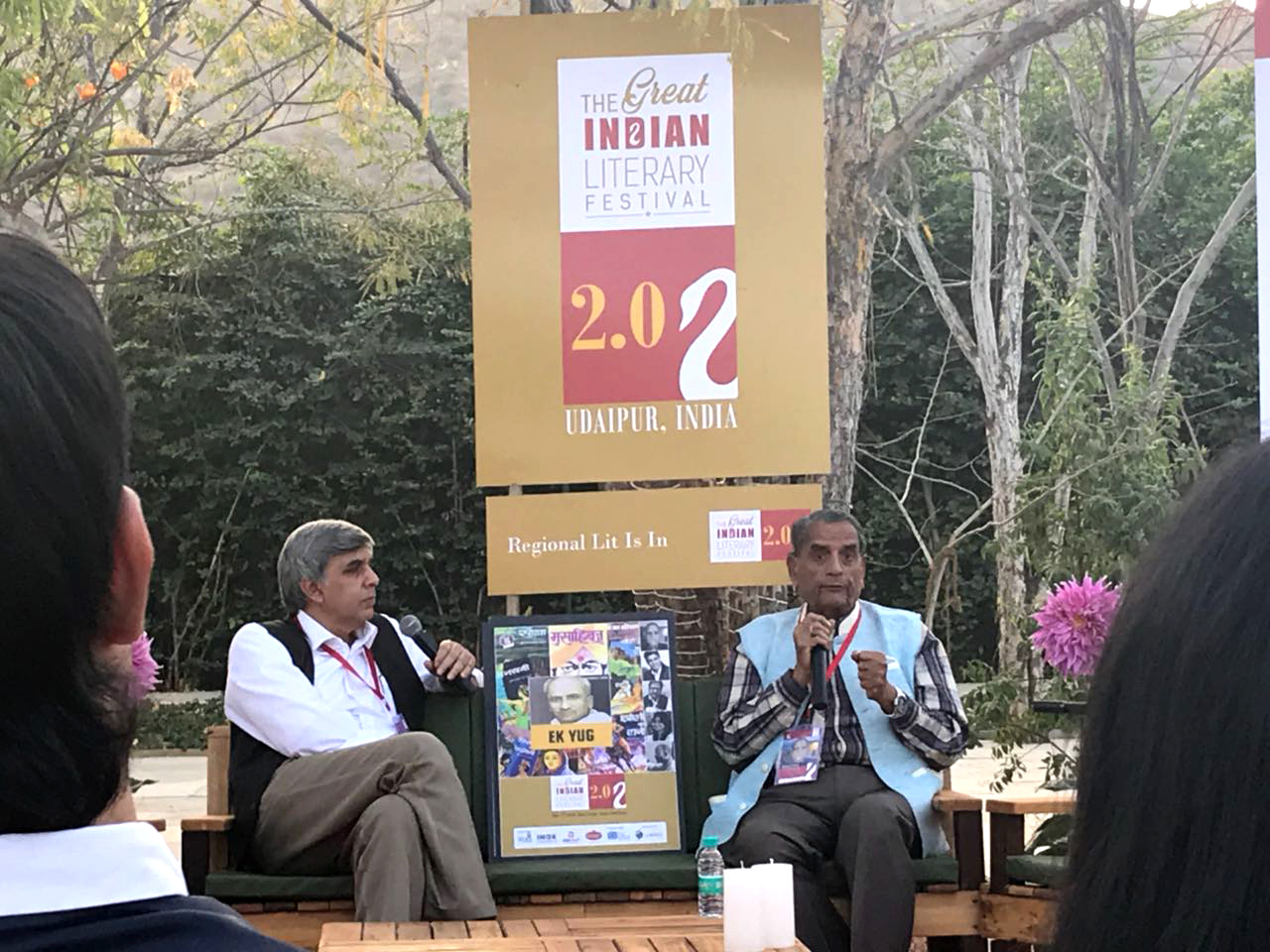
A dialogue called Ek Yug ensued between Prof Singh and Prof Ramakant Verma, uncovering unheard stories about the late playwright and novelist Vrindavan Lal Verma, the man who gifted us his insightful epic Jhansi Ki Rani (1946) and the magnum opus historic text of Mriganayani (1950). Audiences, including Prof Singh, were amazed to find out that a man who was so inclined towards Hindi writing could also be a true polymath – for Vrindavan Lal Verma was a lawyer, wrestler, huntsman, poet and even musician. Prof Verma revealed these hidden aspects of the Padma Bhushan laureate, with whom he had had first-hand interactions in his lifetime. It was a deeply engaging session that brought to life memories of the Hindi literature giant. It was fascinating to know that the many popular regional authors at that time, like KM Munshi of Gujarat or Harivanshrai Bachchan of Allahabad, stayed connected with each other, and were open to borrowing inspiration from each other – an equation that seems to be lost in contemporary times.
Changing Times: Going Digital, Going Pulp
The Digital Divide was another highly pertinent debate of the day. Weighing the pros and cons of regional literature going digital, it brought on stage a panel comprising of traditional publishers, digital literati and authors. In the session moderated by journalist Sanjeev Singh, Vivek Rao (Founder, Readify) and Vishal Soni (CEO, Vishwakarma Publications) touched on a crucial point, saying, “Right now, we do not have a dedicated e-dictionary to correct typographical errors in regional languages. The lack of ‘Track Changes’ facility is the reason why editorship is suffering. We cannot even search in Hindi for a book on websites like Amazon. These aspects make the quality of literature suffer gravely.” Meanwhile, while expressing her agreement with digital publishing technologies, Ahmedabad Book Club’s co-founder Khurshid Ravji felt that the charm of books – and the aroma of fresh paper – will always be special in its own right.
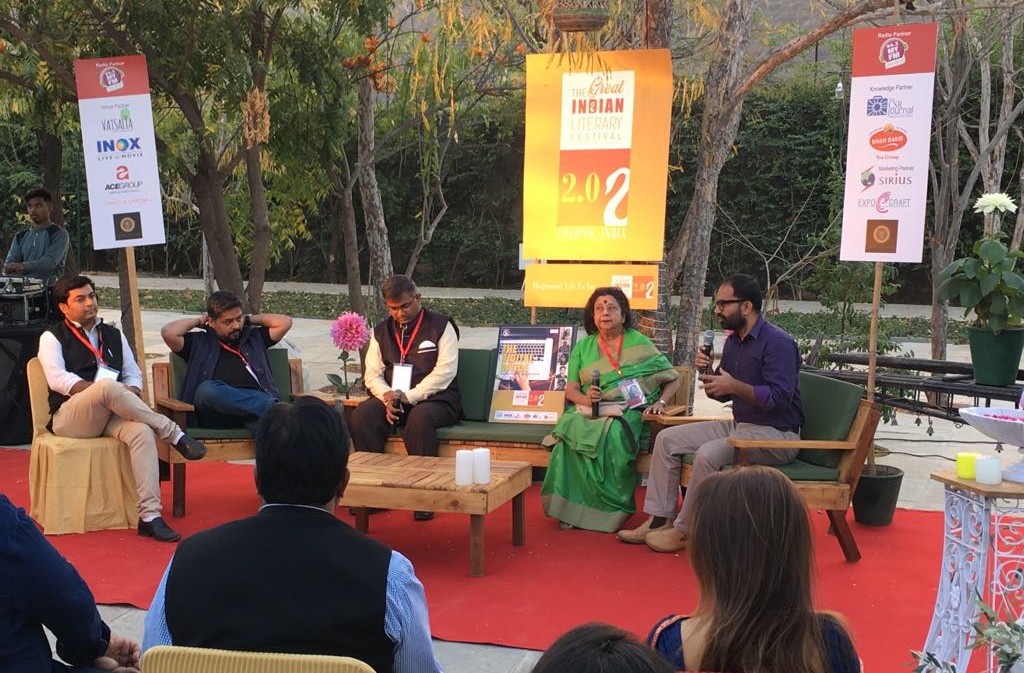
Pulp Fiction (PF) was the most talked about genre at TGILF this year. The soaring popularity of the genre in recent times could be attributed to the fact that the theme of ‘love’ has found a big space in pulp fiction. Centred on this theme was a session called Love Lit Lost, moderated by journalist Mihir Srivastava. Panellist Arjun Joshi, an AAP cadet and activist, believes that PF is not killing literature but actually proliferating its reach amongst youngsters. Hungarian author Karoly Mehes shed light on how young readers in Hungary lap up pulp fiction; he further added that short stories are quite popular among the youth there – which can be inferred upon as the readers wanting breezy ad quick reading material to consume. Mihir Gajrawala, Co-Founder of CreativeYatra.com, expressed that PF looks at love in a unidimensional way, as an emotion that exists only between two young people of different genders. Love as a larger universal emotion is not fully being explored by current Indian literature.
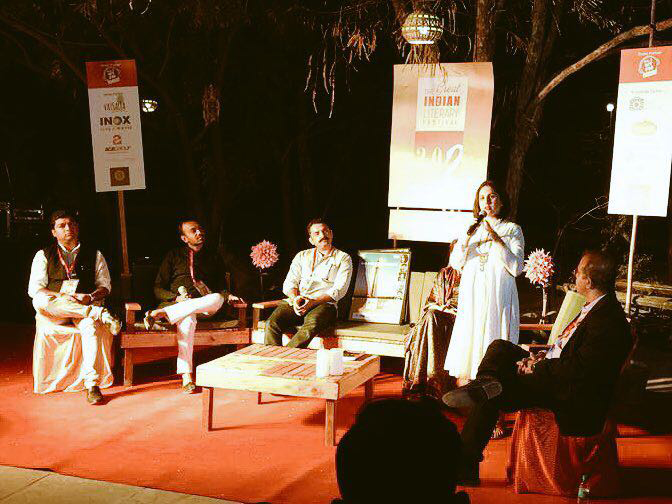
The fifth session of the evening, Read Right Grow Bright, touched upon what it means to inculcate the ‘right’ reading habits in children. The session was moderated by Amit Mukerjee. Deepika Tuli, Professor at Amity University, pronounced that parenting is about being a role model for young children and that the process of choosing the right reads for children is a challenge. Siddhartha Upadhyay, Founder of Stairs, a sports initiative, believes that children should be allowed to explore their interests, as does Karan Khanna from Ahmedabad Book Club, who is of the opinion that one should let children read freely, and not control the themes and subjects accessible to them. Mihir Gajrawala believes that a child is much more reactive towards listening than reading. “So before making the child read anything, make sure he/she listens to fascinating stories narrated by loved ones,” he expressed. Shabnam, who belongs to a family of entrepreneurs, suggested that nudging children towards inspiring stories of successful people can nurture the growth of their young minds.
Contemporary Times: Nationalism and Literature
The talk of the day was an evening session with senior panellists on Literature and Nationalism. While talking about the concept of nationalism, Retired Col Mahavir Singh proclaimed that none of the soldiers in the Indian army consider caste as important while loving one another. Prof Dinesh Singh expressed another view with brazen honesty,
“One doesn’t contribute to making a nation great only by joining the military or standing for the national anthem compulsorily. Ramanujan inspired a generation of scientists to innovate, and Sachin and Amitabh Bachchan inspired millions of Indians to be passionate about their personal dreams. These eventually become big moments and contribute to a nation’s growth..”
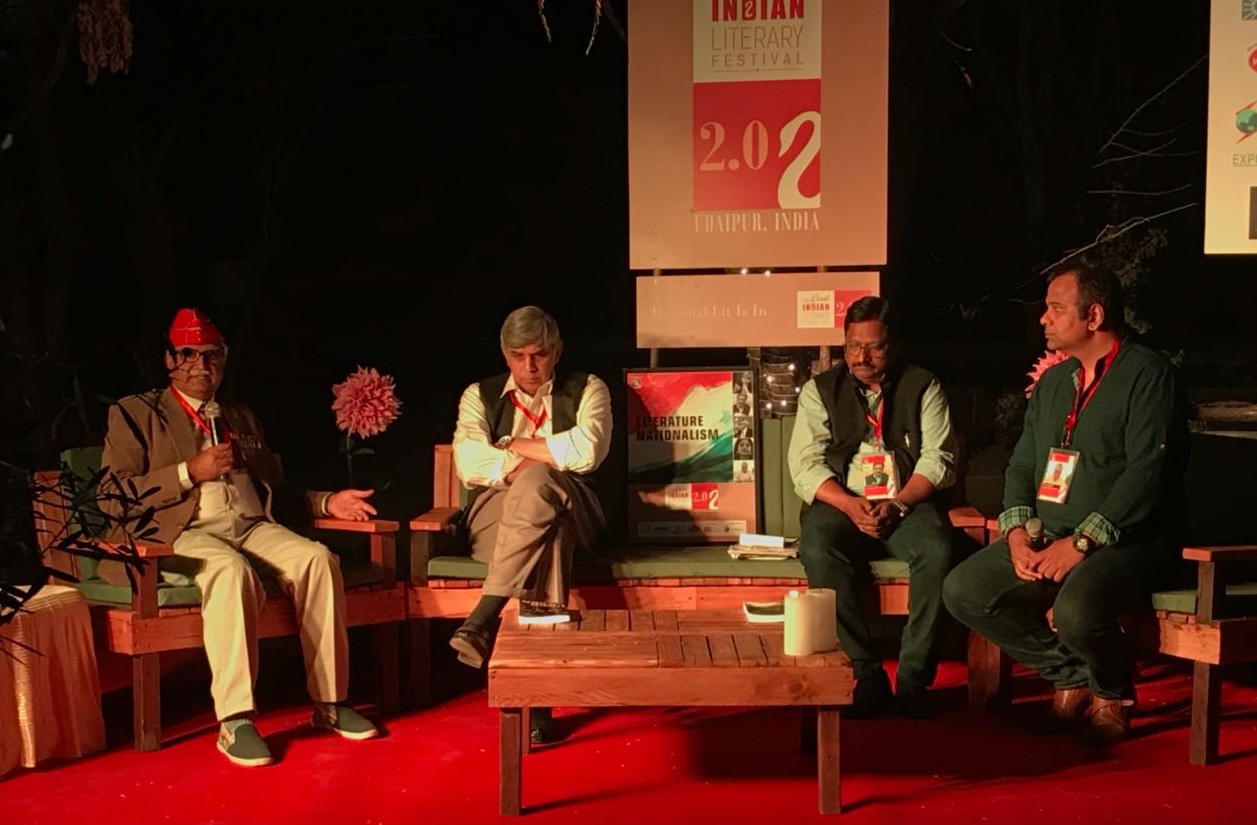
Responding to this, journalist, author and BJP Spokesperson Sudesh Verma made strong arguments about the importance of symbolic moments, such as ‘standing for the national anthem’. Probing further, host Amit Shankar asked why ‘nationalism’ is largely perceived as being of a particular ‘hue’ – referring to how nationalism is usually branded as ‘saffron nationalism’. To this, Verma opined that the general public discourse on socio-political issues remains lopsided, as certain sections of society prefer to identify with individual faith rather than national identity. He expressed that the nation needs education and more contemporary narratives, through means like literature, which can bind every region and citizen of India together, irrespective of individual faith. He further opined that every Indian has to believe that they are progeny of the same source, which binds them culturally. The content of the discussion was sensitive, and Shankar moderated it carefully. The discussions created an energetic vibe amongst the audience and sparked conversations later at the dinner table.
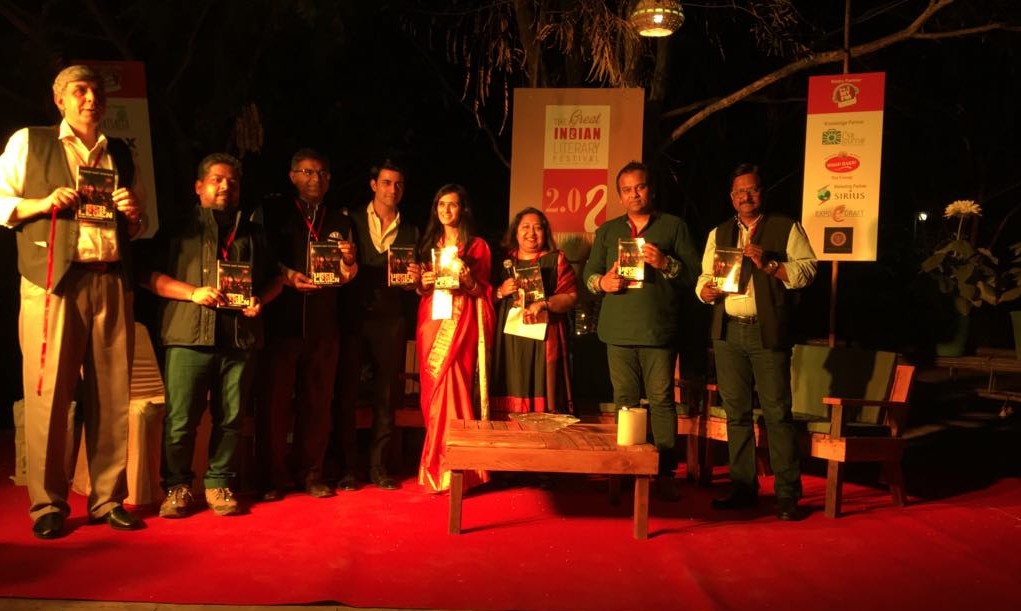
The day ended with a book launch by Amit Shankar, of his new work Uber Legen. Television actors Pankhuri Awasthy and Gautam Rode, along with other dignitaries, did the honours of launching the title. Uber Legen will be Amit Shankar’s fifth novel. The story is of a search for a lost formula that was devised during the days of World War II, and unfolds over the 56 days of the Kumbh Mela in Allahabad.
Through its intimate format of having invitees nestled in a picturesque venue, TGILF 2.0 ensured deeper bonding between panellists and participants, creating a space where diverse thought leaders can meet and interact. We wish that the community of TGILF grows further in the coming years as it brings participants face-to-face with regional literature.
promotional
Yatra Archives

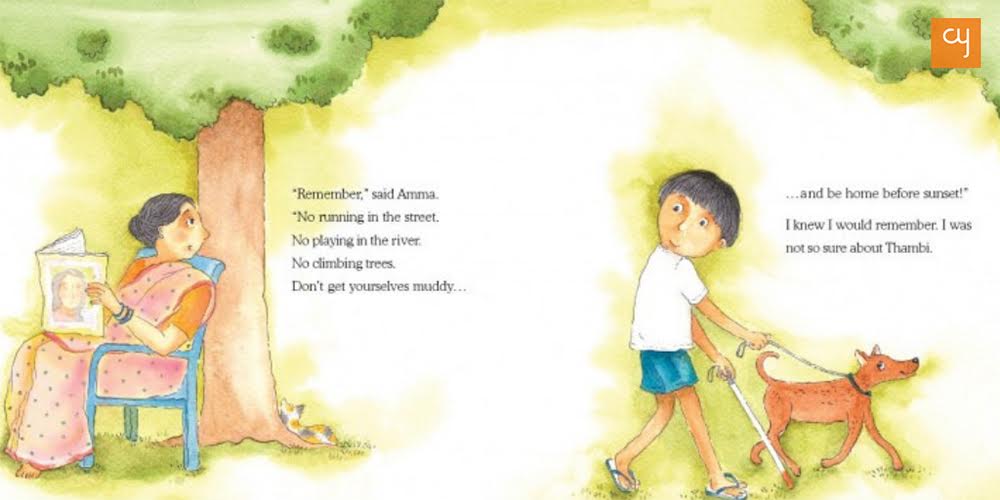 How Tulika Books is creating impact in children’s lives through picture books
Nandini Varma
How Tulika Books is creating impact in children’s lives through picture books
Nandini VarmaAug 21, 2019
A children’s book about a boy who feels like a girl. And about a child brought up by grandfathers. These are some of the stories published by Tulika Books, who have been making children’s picture books since 23 years. Little…
 Dalgona Coffee: A worldwide social media trend about home-made café experience
Harshil Shah
Dalgona Coffee: A worldwide social media trend about home-made café experience
Harshil ShahApr 2, 2020
While the lockdown has ignited various trends on social media, one that has received a major global following is #DalgonaCoffee. With thousands of posts on its name, here’s all you need to know about the Dalgona Coffee wave. I first…
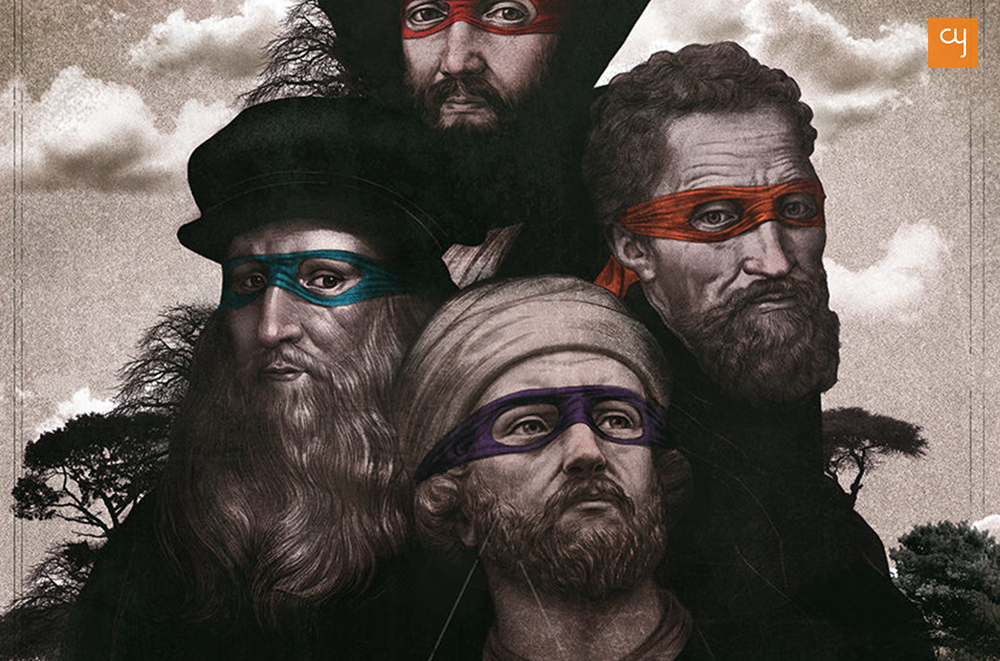 Leonardo, Michelangelo, Raphael and Donatello—Artists or Teenage Mutant Ninja Turtles characters?
Harshil Shah
Leonardo, Michelangelo, Raphael and Donatello—Artists or Teenage Mutant Ninja Turtles characters?
Harshil ShahNov 5, 2019
Did you ever wonder where the Teenage Mutant Ninja Turtles’ characters got their names from? Well, your search is complete. Here is a brief introduction of the artists from whom the creators of TMNT took inspiration. Teenage mutant ninja turtles,…
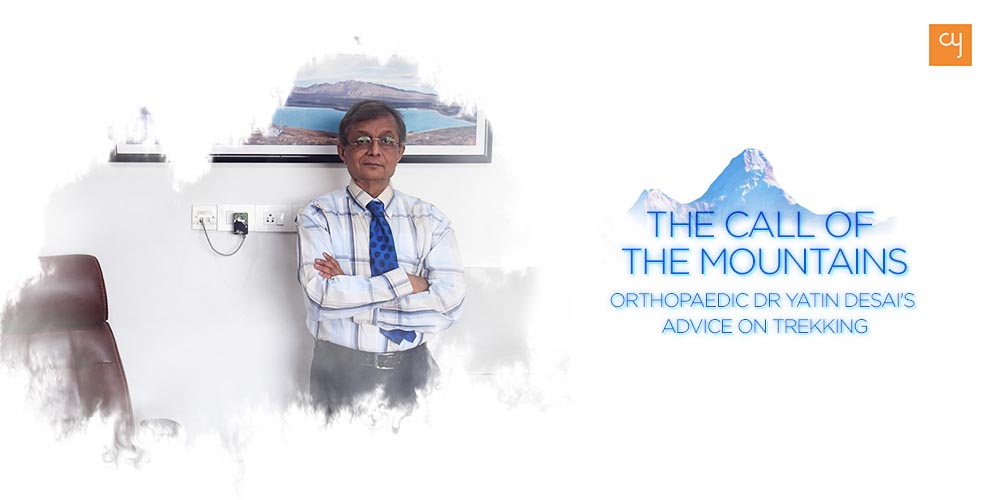 The call of the mountains: orthopaedic Dr Yatin Desai’s advice on trekking
Himanshu Nainani
The call of the mountains: orthopaedic Dr Yatin Desai’s advice on trekking
Himanshu NainaniMay 24, 2019
In this piece 64 year old Dr Yatin Desai, shares with CY his inspiring story of how to scale towering mountains with utmost ease and how this life adventure activity can shape human character and health. Chances are high that…


